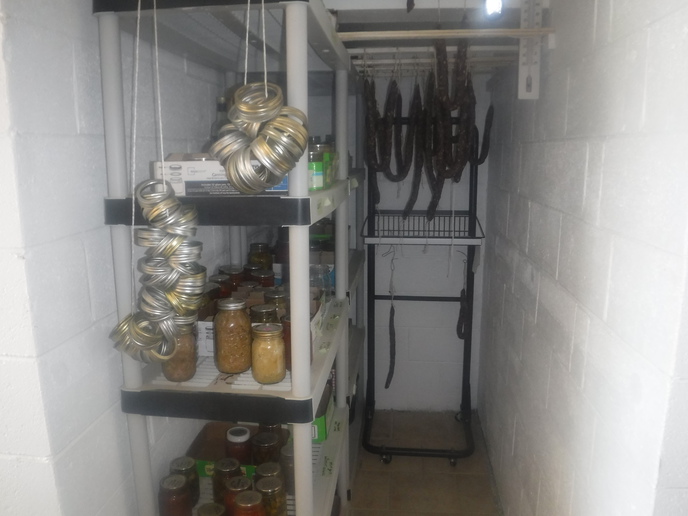Ultradog MN
Well-known Member
- Location
- Twin Cities
USS Pollack (SS-180) sinks Japanese cargo ship Unkai Maru off Japan with one of two torpedoes fired. This was the first confirmed sinking by a US submarine in WWII.
Here's some numbers to chew on this morning:
The US sub fleet will go on to sink nearly 1200 Japanese merchant ships (of 500 tons or more) for a staggering total of 5 million tons.
Additionally, they will sink 93 Japanese combatants, from subs and destroyers to cruisers, aircraft carriers and one battleship for a total of 578,000 tons.
All in all, with just 1.6% of the Navy's personell, US subs will be responsible for 55% of Japan's total maritime losses.
Despite a super accelerated ship building program, Japan ended the war with just 16% of the shipping she had when Pearl Harbor began the war.
For the shipping that remained there wasn't enough fuel to run them, primarily because of our subs zest for killing tankers.
Give a thought today to the men on the Pollack as they celebrate their victory over Unkai Maru.

Here's some numbers to chew on this morning:
The US sub fleet will go on to sink nearly 1200 Japanese merchant ships (of 500 tons or more) for a staggering total of 5 million tons.
Additionally, they will sink 93 Japanese combatants, from subs and destroyers to cruisers, aircraft carriers and one battleship for a total of 578,000 tons.
All in all, with just 1.6% of the Navy's personell, US subs will be responsible for 55% of Japan's total maritime losses.
Despite a super accelerated ship building program, Japan ended the war with just 16% of the shipping she had when Pearl Harbor began the war.
For the shipping that remained there wasn't enough fuel to run them, primarily because of our subs zest for killing tankers.
Give a thought today to the men on the Pollack as they celebrate their victory over Unkai Maru.


